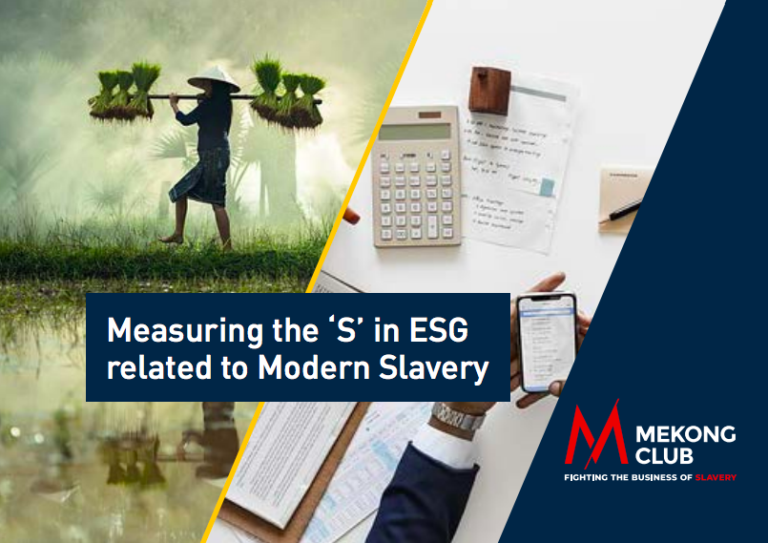Globally, it is estimated that there are over 40 million men, women and children in modern slavery today. Two thirds of these victims are in Asia. These victims, who can be found in factories, construction sites, fisheries and sex venues, are forced to work for little or no pay, deprived of their freedom and often subjected to unimaginable suffering. Many of them are trapped in supply-chain slavery. Despite the efforts of governments, the United Nations, and NGOs around the world, only 0.2% of the victims of slavery are helped each year. For the world to make a difference in addressing this problem, the private sector needs to engage in this fight. Fighting slavery is the right thing to do, and the private sector is increasingly being scrutinised by both the public and the powers that be. New laws related to modern slavery see a rising number of lawsuits against corporations that fail to act. Wider media attention to the problem of slavery, provides further impetus for companies to take up the fight. Gradually, good businesses are stepping up to fight the business of slavery. With this in mind, the Mekong Club will launch the “ESG” project as the community leader in the fight against modern slavery. We will produce a set of quantified indicators of modern slavery in an effort to facilitate investment into companies that are making significant efforts to address the problem.

